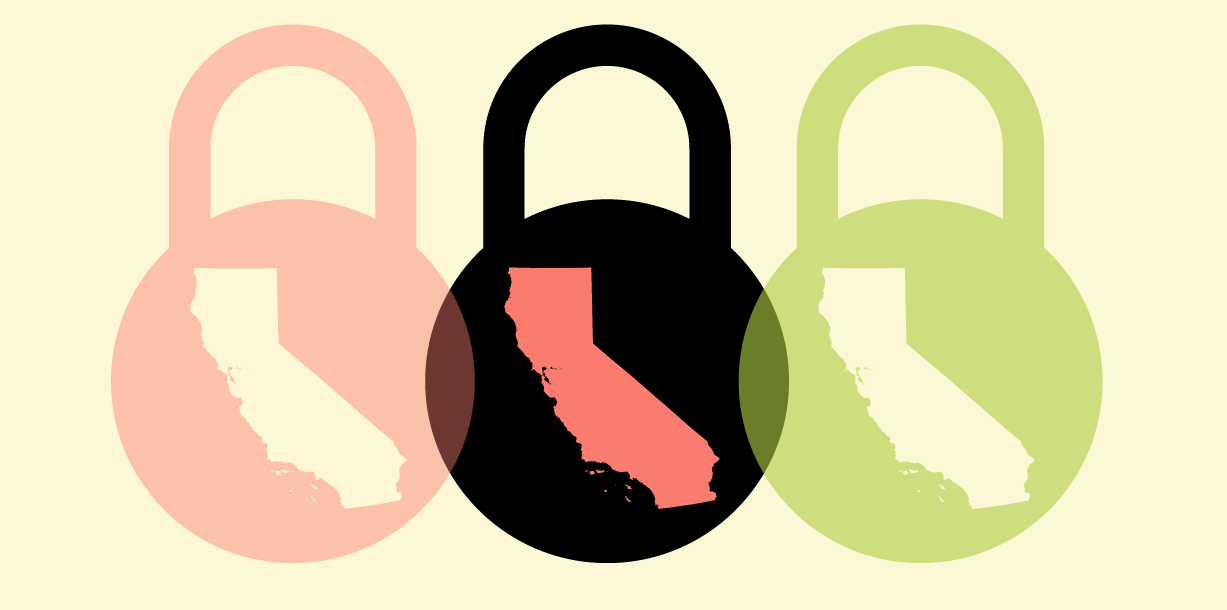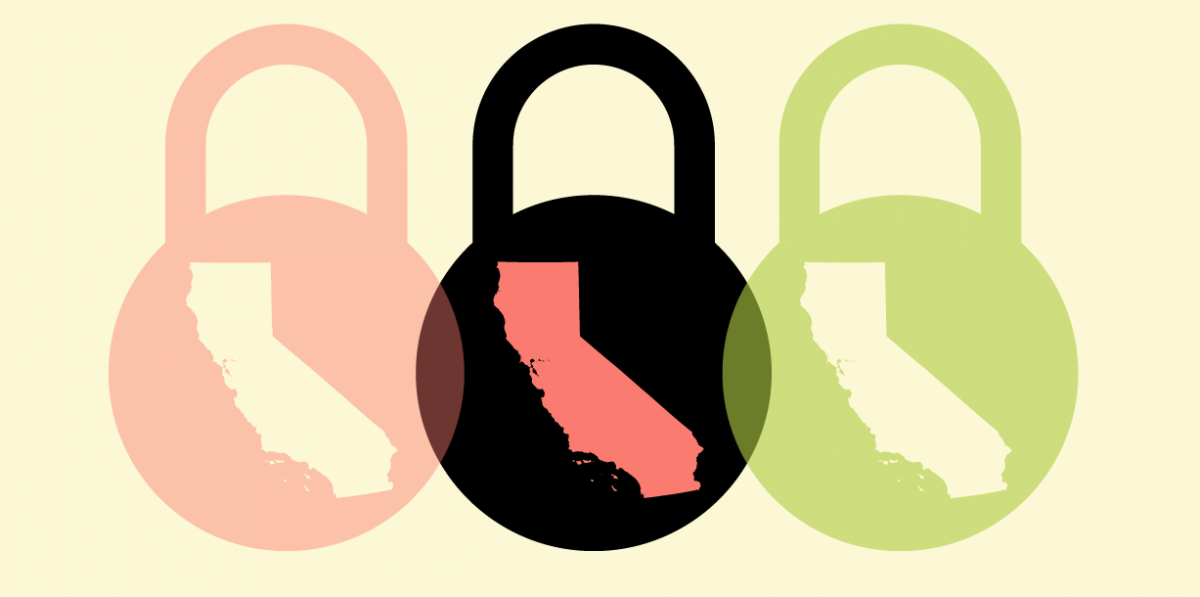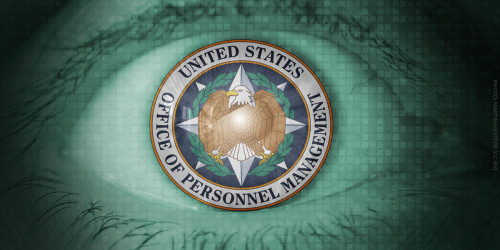It has taken more than a year, but the California Attorney General’s Office has implemented steps to protect immigrants from U.S. Immigration and Customs Enforcement (ICE) and other agencies that abuse the state’s public safety network, the California Law Enforcement Telecommunications System (CLETS).
Following calls for reform from EFF and immigrant rights advocacy groups, the Attorney General issued new protocols that say if an agency accesses anything other than criminal history records on CLETS for immigration enforcement purposes, it may be treated as "system misuse," and the agency or individual could be subject to sanctions.
In October 2017, in response to threats of a mass deportation campaign by the Trump administration, the California legislature passed S.B. 54, also known as the California Values Act. More colloquially referred to as the “sanctuary state” law, S.B. 54 restricts state and local law enforcement from using resources to assist with immigration enforcement. Among these measures, the legislature prohibited agencies from providing personal information (such as a home or work address) for the purposes of enforcing immigration laws. The legislation also requires the Attorney General to “publish guidance, audit criteria, and training recommendations” to ensure to the “fullest extent practicable” that state and local law enforcement databases are not used to enforce immigration laws.
For years, EFF has been investigating abuse of CLETS, a sprawling computer network that connects law enforcement agencies across the state to a number of state databases, including driver license and vehicle registration information maintained by the California Department of Motor Vehicles. Often these cases of misuse have involved police accessing the system to spy on former or potential romantic partners, but police have also used the system to snoop on critical officials or to improperly check whether students live within a particular school district. CLETS users are not just local cops: a wide range of federal agencies, including many field offices within the U.S. Department of Homeland Security, have access to CLETS.
Following the passage of S.B. 54, EFF told the California Attorney General’s CLETS Advisory Committee that accessing CLETS (aside from criminal history information, which is exempt due to federal law) for immigration enforcement should be formally classified by as misuse of the system. Such misuse can result in sanctions ranging from a letter of censure to cutting off access to CLETS to criminal prosecution. EFF repeated this call in a series of recommendations sent to the Attorney General’s office co-authored by the ACLU, the National Immigration Law Center, the Urban Peace Institute, Advancing Justice – Asian Law Caucus, and more than a dozen other stakeholders.
The Attorney General’s office listened. According to the latest set of “Policies, Practices and Procedures,” which state law requires agencies to follow if they access CLETS:
[F]ederal, state or local law enforcement agencies shall not use any non-criminal history information contained within these databases for immigration enforcement purposes. “Immigration enforcement” includes any and all efforts to investigate, enforce, or assist in the investigation or enforcement of any federal civil immigration law, and also includes any and all efforts to investigate, enforce, or assist in the investigation or enforcement of any federal criminal immigration law that penalizes a person’s presence in, entry, or reentry to, or employment in, the United States.
The new policies for system misuse also clearly define accessing non-criminal data for immigration enforcement as “prohibited/unauthorized” use, which can result in either the suspension or removal of the agency or individual’s access to CLETS. State and local law enforcement agencies are advised to update their own governance policies and alert users that CLETS, or other databases associated with CLETS, should not be used for immigration enforcement.
While this change is a major step forward, it does not settle all our concerns. The Attorney General leaves it to the agencies to investigate their own cases of misuse, as long as they report the results of those investigations back to the Attorney General. We are skeptical that ICE or affiliated agencies will investigate themselves for using CLETS to support their deportation efforts. We urge the Attorney General to enact a more rigorous oversight process for federal agencies.
CLETS is one significant part of a sprawling web of state and local databases accessed by federal agencies. To further protect immigrants from ICE’s abuses, we urge the California state legislature to pass legislation prohibiting the access of all state and local databases for immigration enforcement.










